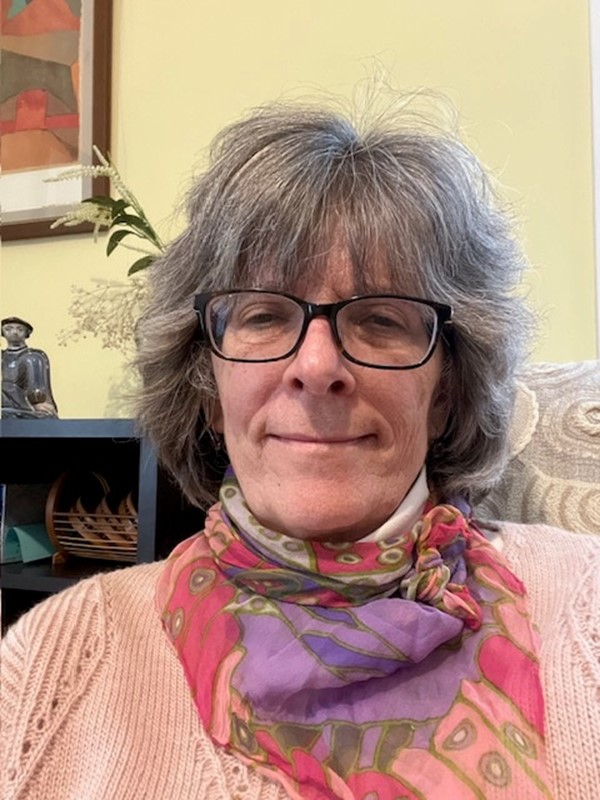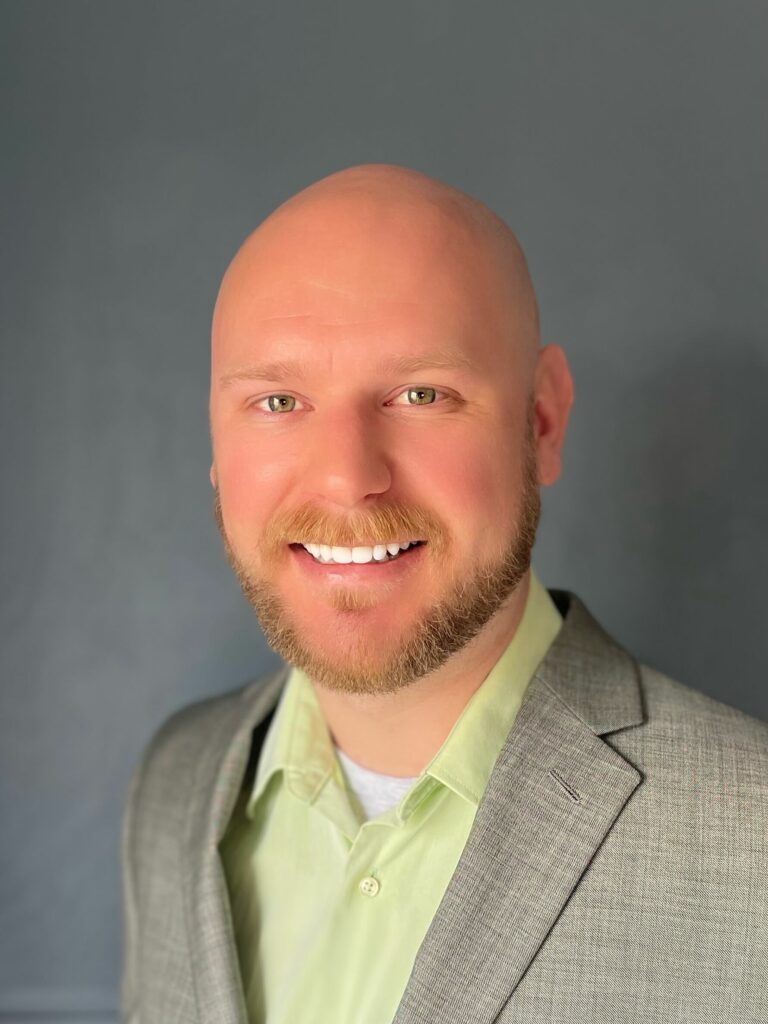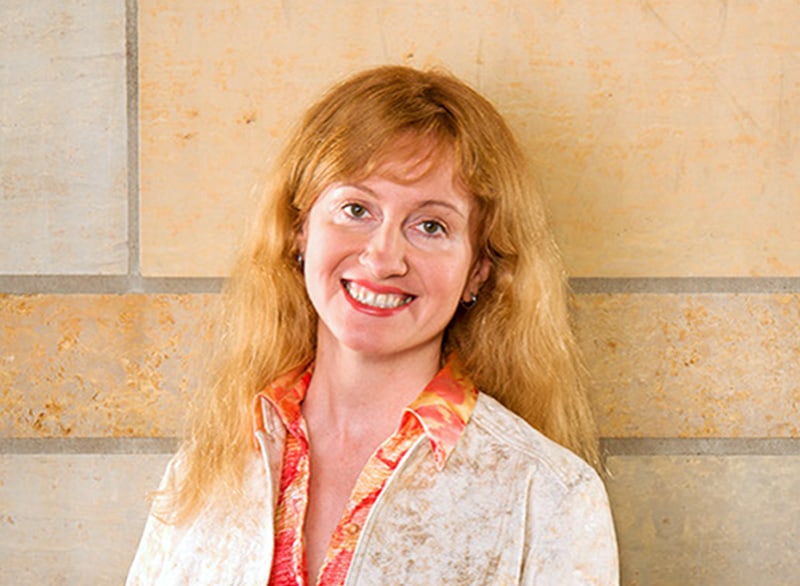Depression Therapy – Minneapolis (MN)
Depression is a common mental health concern that is characterized by symptoms of persistent sadness, loss of interest in normal activities, and even sleep disruptions. In many cases, it is accompanied by anxiety which can exacerbate the emotional toll. Depression is more common than many may think with 28.3% of Minnesotans reporting some depressive or anxiety symptoms in the last year. Despite its prevalence, the journey through depression is often not an easy one may think and may require professional assistance.
I.P.C. understands the effects it can have on every aspect of one’s life. We work with patients to navigate the winding road with compassion, understanding, and specialized expertise. Our team of dedicated counselors, psychologists, and psychiatrists are committed to providing evidence-based treatments tailored to your unique needs. We believe that everyone deserves a chance to live a fulfilling and joyful life, and we are here to support you every step of the way.
Holistic Depression Treatment
Our team relies on a holistic approach when treating depression targeting both the physical and emotional aspect of well-being. Our licensed professionals work together to design personalized treatment methods which may include a range of therapeutic options, including:
- Psychotherapy – Our therapists will work with you to explore thoughts, emotions, and behaviors to identify the underlying causes of depression. Through evidence-based talk therapy techniques such as Cognitive Behavioral Therapy (CBT) we help to empower you with the coping skills and strategies needed to manage negative thoughts and emotions.
- Medication Management – For some, medication can be a valuable part of the depression treatment plan. Our experienced psychiatrists carefully assess symptoms and medical history to prescribe the most appropriate medications when necessary. Throughout treatment, we will closely monitor progress and adjust the medication plan as needed to ensure optimal results.
- Mindfulness and Relaxation Techniques – Learning to be present in the moment and practicing relaxation techniques can be immensely beneficial. We offer mindfulness-based therapies and teach relaxation techniques to help reduce stress, enhance self-awareness, and promote emotional well-being.
- Lifestyle Modifications – Our team recognizes the importance of lifestyle factors in mental health. We work to identify and implement positive changes in your lifestyle, such as regular exercise, balanced nutrition, and improved sleep habits, which can significantly impact your mood and overall mental well-being.
Contact Us
If you or someone you care about is struggling with depression, we are here to help. Taking the first step can be challenging, but it is also a courageous act of self-care. Reach out to us today to schedule an initial consultation.
















